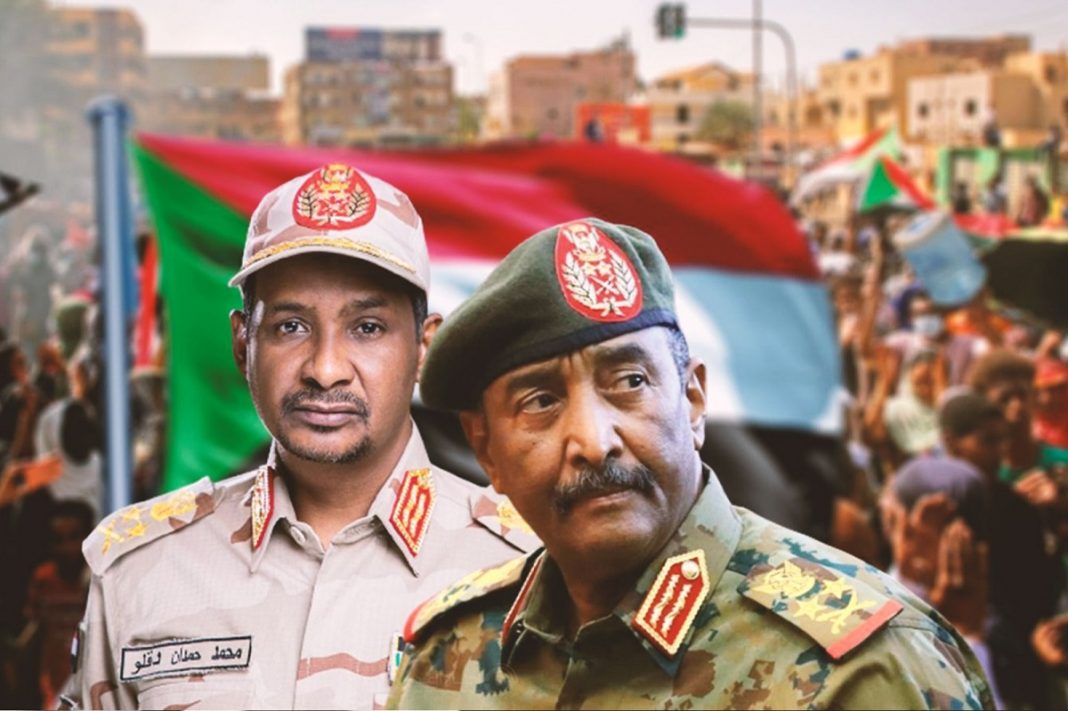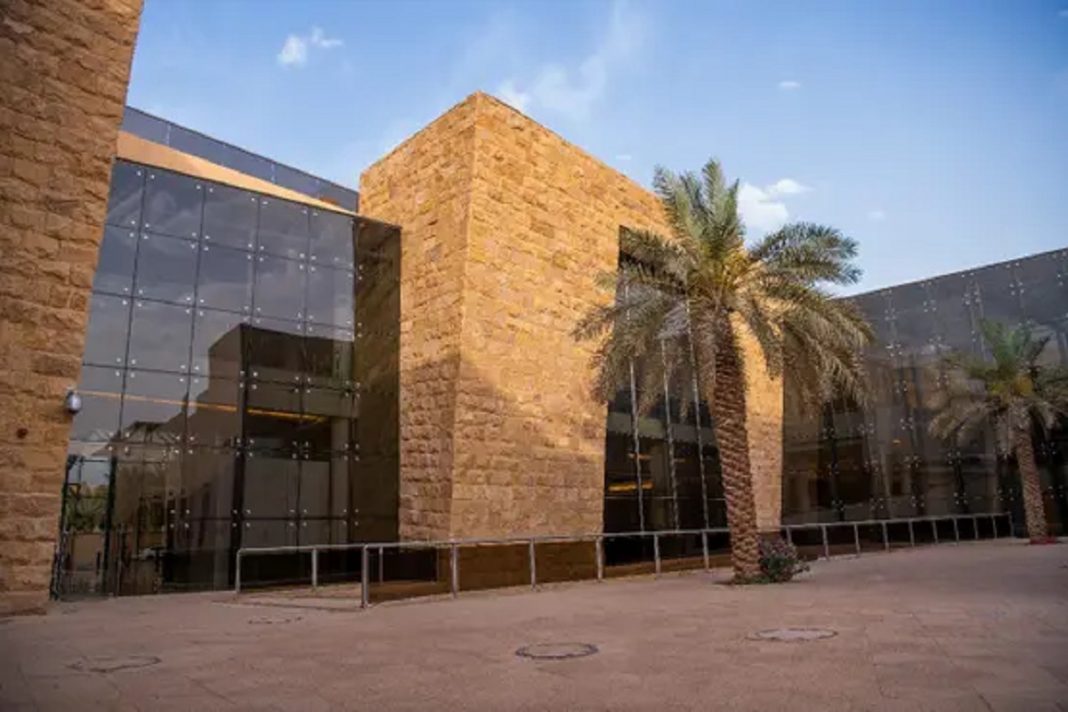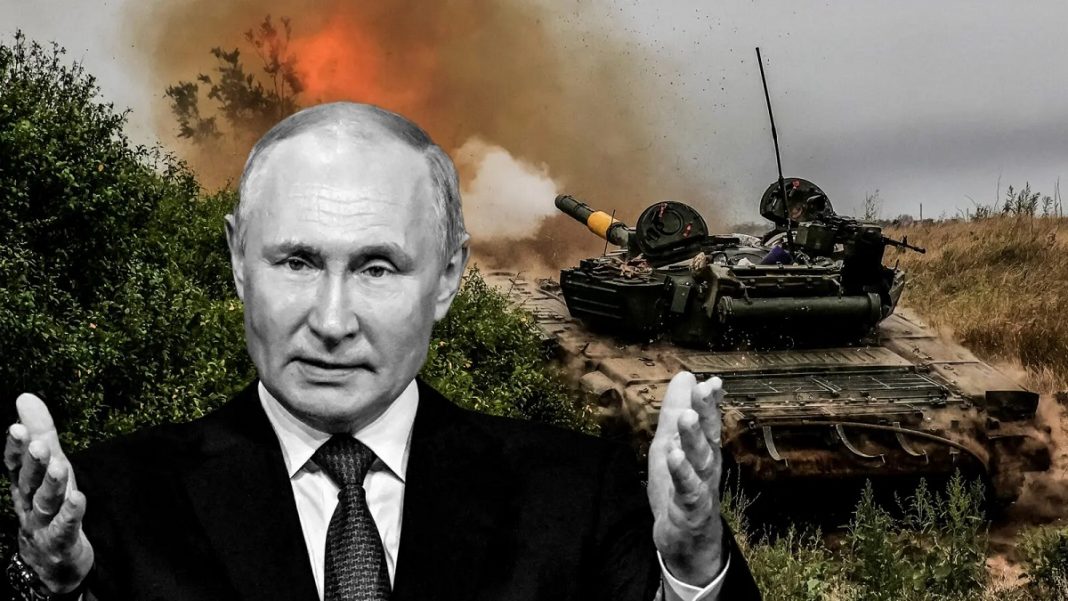Gabriel G Tabarani
When Egypt, Saudi Arabia, the United Arab Emirates and the United States announced a joint roadmap on Sept. 12 to end Sudan’s devastating civil war, the news sounded like the first real sign of hope in years. After more than two years of carnage, famine and displacement, the idea that the key regional powers — and Washington — could finally align on a peace plan seemed almost historic.
The proposal, crafted after months of high-level negotiations, called for a three-month humanitarian truce between the Sudanese Armed Forces, led by Gen. Abdel Fattah al-Burhan, and the Rapid Support Forces under Mohamed Hamdan “Hemedti” Dagalo. It would then lead to a permanent cease-fire and a civilian-led political transition. For a war that has already killed more than 150,000 people and displaced one-quarter of Sudan’s 50 million citizens, the announcement briefly raised hopes that diplomacy might finally outpace destruction.
That hope has already faded. The Sudanese army publicly rejected the plan, fighting has intensified, and both sides continue to dig in. The problem is not just Sudan’s leaders or their refusal to compromise. The larger failure lies with the international system now trying to end this war — and with the diminished capacity of the United States to lead it.
For decades, Washington served as the anchor of peacemaking across the Horn of Africa. In the 1990s and early 2000s, American diplomats and envoys brokered deals from Sudan to Somalia, sometimes overreaching but always defining the diplomatic agenda. The United States had both the leverage and the resources to pressure warring parties, align allies, and push toward settlements that, even when imperfect, brought temporary stability.
That era is gone. Over the past 15 years, the United States’ influence in Africa has steadily eroded. Washington’s strategic gaze has shifted toward China, the Indo-Pacific and the Middle East’s endless crises. Successive administrations have cut back personnel, budgets and attention devoted to African diplomacy. The once-powerful special envoys to Sudan and South Sudan — who in the early Obama years had large staffs and direct access to the White House — have been replaced by smaller, weaker teams buried inside the State Department bureaucracy.
As the U.S. pulled back, others stepped in. The Gulf states, Turkey and Egypt saw opportunity where Washington saw exhaustion. The United Arab Emirates and Saudi Arabia poured billions into ports, mines and trade corridors along the Red Sea and into the African interior. Egypt deepened its military partnerships. Turkey expanded its commercial footprint and influence across the Horn. These middle powers, armed with money and ambition, now wield real leverage over local conflicts — including Sudan’s — but their interests often collide rather than converge.
Sudan sits at the center of this new regional competition. Egypt backs Burhan’s army, seeing him as a bulwark against Islamist movements and a safeguard for the Nile’s fragile water politics. The UAE has quietly armed and funded the RSF, its favored proxy, through allies in Libya. Saudi Arabia, though publicly neutral, has nudged policy in favor of the Sudanese army, anxious that total state collapse could send instability spilling across the Red Sea and threaten its coastal megaprojects. Each of these states is powerful enough to spoil a peace deal, but none can impose one.
The result is a war that refuses to end — not because there are no peace plans, but because there are too many, each backed by a different sponsor. In the past two years, talks have been held in Jeddah, Cairo, Addis Ababa and Geneva, each collapsing for lack of coordination or follow-through. U.S. and Saudi efforts sidelined Egypt and the UAE; African mediation attempts faltered without Gulf participation. Every round produces the same image: diplomats posing for photographs while Sudanese civilians flee bombardments.
The latest roadmap, backed by the “Quad” of Washington and its Arab partners, was supposed to break that cycle by uniting the mediators themselves. Instead, it has revealed how hard it is for the United States to herd even its closest allies. Egypt and the UAE remain at cross-purposes. Saudi Arabia’s neutrality masks its deep anxieties. And Washington, far from dictating terms, is now just one player among several, struggling to reconcile their competing agendas.
This is not simply a story about American decline. It’s also a glimpse into what global diplomacy looks like in a more multipolar world. Conflicts such as Sudan’s no longer revolve around superpower rivalry but around the ambitions of mid-sized regional actors with deep pockets and limited patience. They supply weapons, mercenaries, and money, then compete to broker the peace. Wars last longer, end inconclusively, and often restart under new banners.
For the United States, the lesson is not that it should retreat further, but that it must adapt. Washington cannot dictate outcomes anymore, but it can still make a difference — by using its diplomatic reach to coordinate rival powers rather than compete with them. That means holding partners accountable when they fuel the conflict, tying aid and reconstruction funds to genuine progress, and giving African institutions such as the African Union and IGAD a real seat at the table. Peace in Sudan will not come from one grand American initiative but from steady, shared pressure applied over time.
The United States still has advantages: convening power, credibility with international lenders, and a moral authority that many of its regional partners lack. But it also has a shorter attention span than ever. If Washington treats Sudan as another temporary crisis instead of a long-term commitment, the vacuum will widen and the war will spread — into Ethiopia, Eritrea and beyond.
Sudan’s agony is a tragedy for its people, but it is also a warning for the world. When no single power has the authority or stamina to enforce peace, wars become self-sustaining, fed by money, weapons and rivalry. The United States can no longer impose order, but it can still help build one — if it learns to work with others, stay the course, and resist the temptation to walk away.
That may sound like a modest goal. But in this new era of fractured power, modest success might be the most any peacemaker can hope for — and in Sudan, even that could save millions of lives.
This article was originally published in Arabic on the Asswak Al-Arab website


